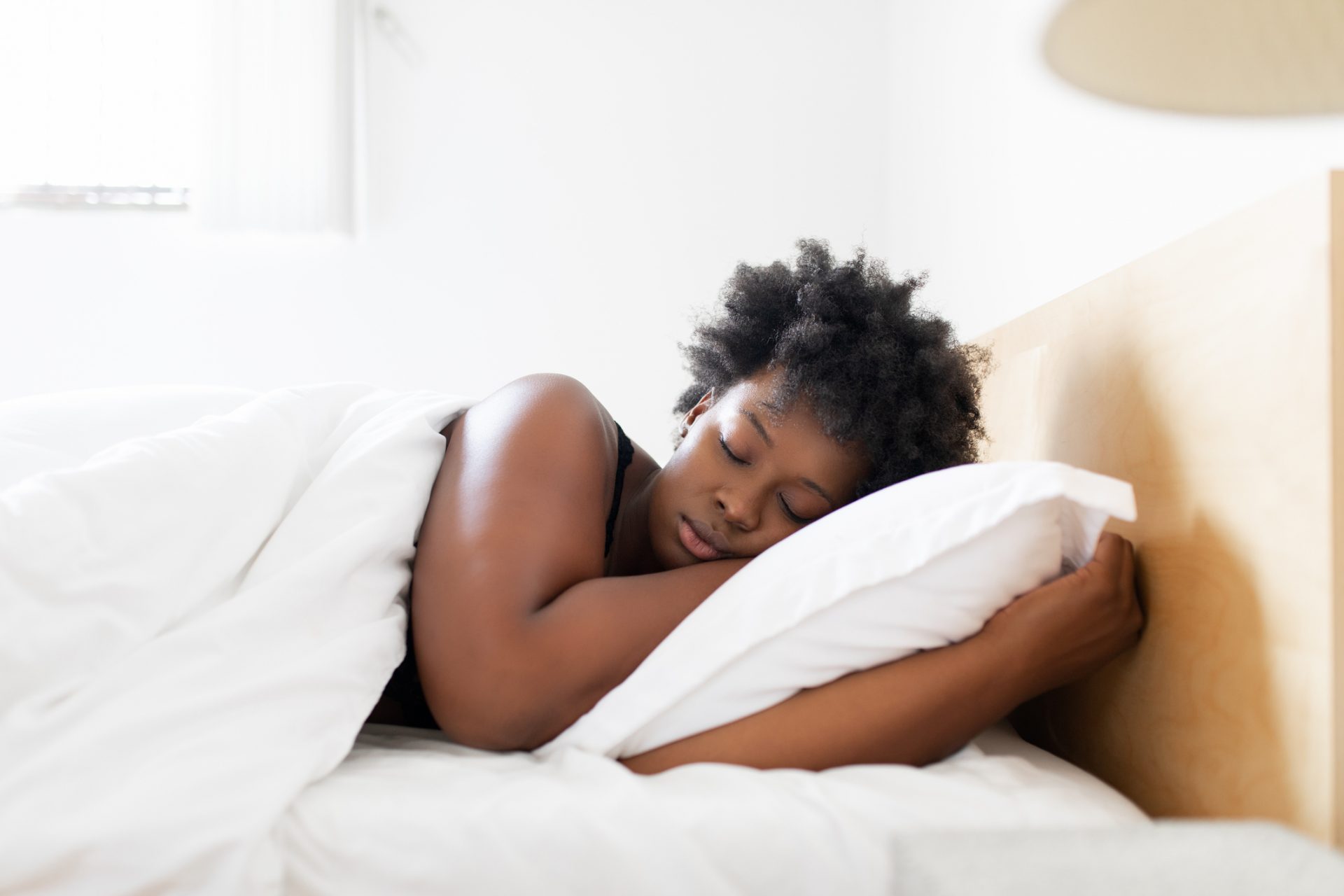The January blues will hit harder this year – here are 5 things that will really help
Written by Ella Glover
Struggling to cope with being back at work, bills, bad weather and general low mood? Dr Craig Knight offers straightforward advice to ease the January blues.
For all the positivity a new year brings, there’s an undeniably heavy feeling in the air in January.
That feeling of general sadness, lethargy and lack of motivation is no coincidence; the January blues are officially upon us. And they’re real. Nurse advisory service RedArc sees 30% more referrals for mental health conditions in January than at any other time of the year.
Though the January blues are often caused by the comedown from Christmas, the short days and the miserable weather, we are even more susceptible to the January blues this year. From the pandemic to the economy to Brexit, we’re dealing with many more worries than usual, and on a much larger scale.
For those who weren’t able to spend time with their family at Christmas, there’s a genuine sense of loss and guilt. Not to mention the anxiety surrounding the new strain of Covid-19 and the increased restrictions around the country.
So, how do we cope? Stylist spoke to Dr Craig Knight, a chartered and Registered Psychologist and Research Fellow at Exeter University, to get some practical tips on beating the January blues.
Keep in contact
The January blues are very much characterised by a sharp drop in interaction.
Even before tougher restrictions were announced, 1.7 million people had resigned themselves to spending Christmas alone (double that of a normal year) and, with London and the South East being plunged into Tier 4 only days before, countless more spent the festive period away from their loved ones.
For those people – and those who might have been able to catch a glimpse of some family members they haven’t seen all year – this loneliness is compounded by a severe sense of uncertainty. With Covid-19 cases on the rise, almost all of the country will be spending the foreseeable future banned from mixing with other households, with no idea when they might see their loved ones next.
This is why Dr Knight recommends keeping in contact with as many people as possible. “Humans are amongst the most sociable of all mammals and, generally, we suffer without human contact,” he says, adding that this effect is magnified for young children and older people especially.
While Zoom fatigue is definitely real, Dr Knight says that the more our senses are involved in communication, the better. So, a phone call is better than a text and video calls, in place of face-to-face interaction, will always be the best way to communicate with your loved ones when you’re feeling low.

Prioritise good sleep
Regular, high-quality sleep is absolutely vital for good mental and physical health.
Dr Knight says the darker days of winter tend to lead to a general dip in mood and January is one of the gloomiest months of the year. These environmental factors can impact on our sleep. “It may be that a lack of light entering through the eye causes chemical changes in the brain,” says Dr Knight. “This causes an over-production of melatonin which disrupts our sleep and causes lethargy.”
If the idea of a decent sleeping pattern is purely a myth in the post-Christmas period, getting it back on track will be paramount to beating those January blues. To do so, says Dr Knight, you should try to go to bed and rise at roughly the same time each day: “This helps develop a routine which trains the brain to expect sleep at given times. Switching off then becomes easier and sleep patterns grow deeper and more refreshing.”
Eat for your wellbeing
The food we eat can have a profound impact on our mental health. In fact, one Australian researcher, Felice Jacka, found that eating a healthier diet can result in a 30% reduced risk of depression. It goes without saying that many Christmas festivities revolve around food, alcohol and general indulgence – which is great – but, to beat the January blues, Dr Knight recommends you “eat for your wellbeing,” by being a little more mindful about what you consume.
Holistic nutritionist, Alison Cowell says that we can’t underestimate the mind-gut connection. “Given that 90% of serotonin (our feel-good brain chemical) is manufactured there, it makes sense to keep it happy and healthy.” This can be achieved by eating fermented food like sauerkraut and kombucha, taking probiotics or, simply, eating a diet high in fibre.
That being said, Dr Knight says, “Now is not the time to be overly abstemious and, if you crave a chocolate biscuit or your favourite tipple, you shouldn’t restrict yourself.” Fostering a healthy relationship with food and honouring your cravings while still getting your five a day in will be essential in keeping your mood up in January. After all, he says, “the soul needs feeding too”.

Get your exercise
Like nutrition, exercise plays a vital role in balancing our mental health. Actually, it is medically proven that regular exercise leads to a substantial reduction to the risk of developing depression and, according to mental health charity Mind, exercise can boost our mood, improve our sleep and reduce stress, tension and mental fatigue.
Dr Knight says you should do whatever exercise you enjoy and, despite the gyms being closed in areas under Tier 4 restrictions, even something as simple as taking a walk, following along to a workout video, going for a run or anything else to get your heart pumping will do the trick.
Ask for help
Finally, if you find yourself reaching the bottom of a very slippery slope this January, says Dr Knight, “there is no shame in seeking professional help.” Every year, mental health services see an uptick in demand and – this year especially – reaching out to a doctor, psychologist or counsellor for professional medical help is definitely advised.
Whether it’s talking therapy or medication, you shouldn’t hesitate to contact your GP or another service provider if you feel that you need to in the post-Christmas period, or ever. “There are lots of resources on the Mind website,” says Dr Knight, “or, you can speak to a qualified therapist via Feelya,” a psychotherapy platform where he offers one-to-one private online appointments.
Images: Getty
Source: Read Full Article



